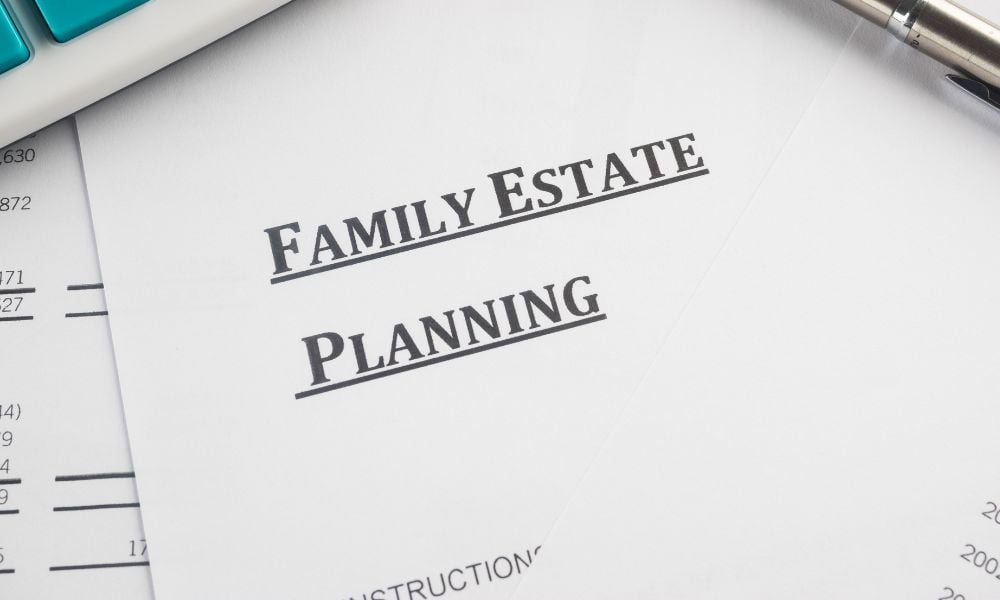
Guiding clients through estate planning challenges: eState Planner’s expertise in November's will-planning season

This article was provided by eState Planner.
November marks Canada's Make A Will Month, kicking off the estate season when estate lawyers anticipate increased demand from will-planning clients. This article outlines crucial considerations for drafting wills, aiding lawyers in their practice during this busy period. Provided by eState Planner, free resources —including checklists, reports, and CPD-accredited live and on-demand webinars— designed to help lawyers improve their practice are also available here.
While Canadians may be tempted to use a direct-to-consumer product for will drafting, creating a good will requires a lawyer's expertise. Even seemingly straightforward gifts in estate planning—such as cash, personal property, or real estate—come with numerous complexities.
For estate lawyers, whose value lies in recognizing and addressing issues that clients may not anticipate, this is an opportunity to grow their practice by ensuring clients' intentions are fulfilled without unintended consequences. And the easiest way to capitalize on this opportunity in November is by communicating with existing clients. A recent survey revealed that 40% of estate lawyers cited their existing clients—for whom they do other work—as their biggest source of will-planning clients.
To help lawyers navigate the busy estate season, here's a list of key considerations when crafting a good will for clients.
Consider, for example, a seemingly straightforward cash legacy of $100,000. There are at least eight critical considerations: indexing for inflation, abatement, priority in distribution, timing of payment, interest, and provisions for gift-overs—to name just a few. The lawyer's role is to determine which of these issues are relevant, guide clients through these complexities, and draft the will to effectively align with their intentions.
By identifying and discussing these nuances, lawyers help clients grasp the broader implications and prepare them for potential outcomes they might not have considered. This ensures their estate is managed precisely as they intended.
The complexities multiply when it comes to specific asset gifts. Clients often approach lawyers with preconceived ideas about which assets should go to which beneficiaries. However, these allocations are frequently based on incomplete understanding.
Specific asset gifts come with several inherent risks. The most critical is that the asset may not exist when the will is executed. Moreover, the asset's value—both in absolute terms and relative to the overall estate—can fluctuate. This volatility can lead to unforeseen results that the testator didn't anticipate, potentially sparking disputes or litigation.
Furthermore, allocating specific assets carries tax implications, such as the burden of income tax falling on unintended parties. These complexities, along with at least 14 other issues, make specific asset gifts a potentially risky and shortsighted decision.
Often, when clients understand the potential pitfalls, they realize their true intention isn't to allocate a specific asset, but to give a beneficiary the option to take that asset as part of their estate share instead of cash. This shift in approach calls for a different conversation—one that might explore equalization strategies, hotchpot, or purchase options.
Without expert guidance, clients risk making uninformed decisions that could undermine their wishes. But lawyers often find themselves bogged down in time-consuming, manual processes when drafting wills, which reduces face-to-face time with clients.
Consequently, an increasing number of lawyers are adopting technology like eState Planner to streamline their practice and make it safer and more client-centric. Because delivering a client-focused experience is the essence of "Make a Good Will Month." It's not just about creating a will, but crafting a good will—one imbued with foresight, expertise, and precision.